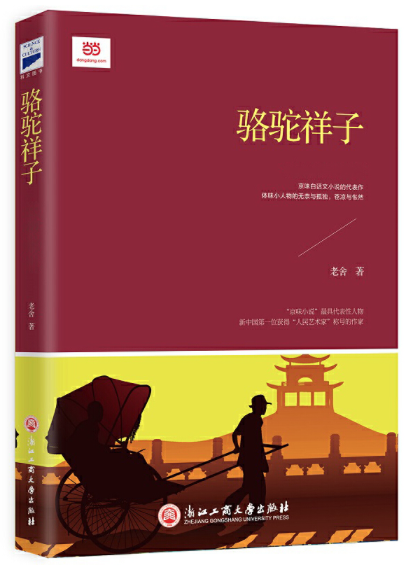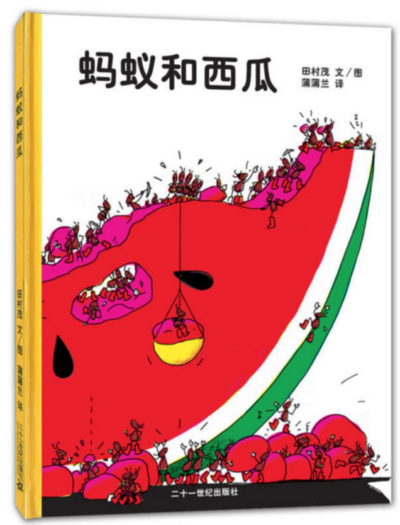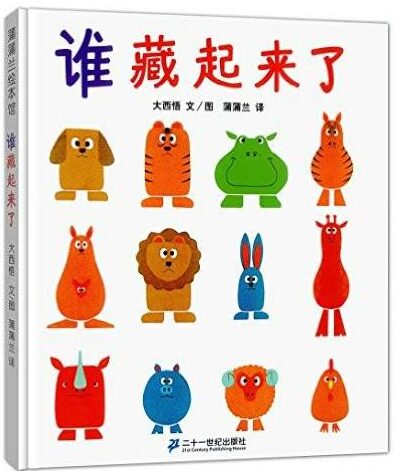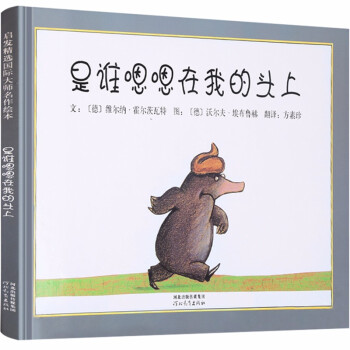Camel Xiangzi
Xiangzi's dream, who went to Beijing to work, is to earn a car, a car of his own, like a badge that can show his status. He went out early and returned late, worked hard, and his life was like an open door. He finally bought a car of his own with ninety-six yuan. But luck was bad, and the car was confiscated by the soldiers. Xiangzi, who escaped from his soldiers, led a few camels. After selling the camels and returning to the "Renhe Depot", he desperately wanted to buy another car. He said, "If you don't work so hard, how long will you be able to buy a car?" It was given to Xiangzi. Although he lived a stable life that he never expected, Xiangzi couldn't control his desire to have a car of his own. In the end, Hu Niu used the money in his hand to buy the car of Erqiangzi next door. In a heavy rain, Xiangzi fell ill, and the root of the disease fell. Misfortunes do not come singly, Hu Niu is difficult to give birth, Xiangzi had to sell the car to house Hu Niu and the unborn child. "Wait! When I'm done, I'll come, I'll definitely come!" This was Xiangzi's promise to "confidante" Xiao Fuzi, but Xiao Fuzi didn't make it to Xiangzi's head, so he hanged himself from the tree behind the white house Xiangzi has also become a "fallen ghost of individualism".
DKK 42,00
Availability: Only 2 left in stock
xiangzi

Lao She (1899-1966), whose real name was Shu Qingchun. Manchu, Beijinger. A famous modern Chinese novelist and dramatist, and the first writer in New China to be awarded the title of "People's Artist". He went to England as a lecturer in 1924, returned to China in 1930, and successively served as a professor at Qilu University and Shandong University. In 1953, he was elected chairman of the All-China Federation of Literary and Art Circles and vice-chairman of the Writers Association. In 1966, unable to bear the humiliation during the "Cultural Revolution", he sank in Taiping Lake in Beijing. His representative works include the novels "Camel Xiangzi" and "Four Generations in One Hall", and the plays "Tea House" and "Dragon Beard Ditch".
Shoko
What we want to introduce is Xiangzi, not the camel, because "camel" is just a nickname. So, let's talk about Xiangzi first, and let's talk about the relationship between Camel and Xiangzi, and forget it.
There are many styles of foreign coachmen in Peiping: young and strong, with sharp legs and feet, they pay attention to renting a beautiful car, they drive "all day", and they have the freedom to leave the car and collect it when they like. Pull out the car, put it at the fixed "car entrance" or the door of the house, and wait for the owner of the express train. Get it done, maybe get a piece or two at once. Coincidentally, it may be a waste of a day, and even the "car share" has not landed, but I don't care. There are probably two hopes for this group of buddies: either to get a chartered car;
Those who are a little older than this faction, or who run a little less vigorously because of their health, or who dare not waste a day because of their family, probably pull 80% of the new cars. People and cars are quite beautiful, so they can still maintain considerable dignity when asking for a price. The coachman of this faction may pull "all day" or "half a day". In the latter case, because there is still considerable energy, it is always "pulling late" in winter and summer. At night, of course, you need more attention and skill than during the day, and you will naturally earn more money.
Those who are over forty years old and under twenty years old are probably not easy to have a place in the first two factions. Their car was broken, and they didn't dare to "pull the night", so they could only get out of the car early, hoping to switch from early morning to three or four o'clock in the afternoon, pulling out the "car share" and their own chewing valley. They have broken cars and run slowly, so they walk more and ask for less money. They are the ones who go to the melon market, fruit market, and vegetable market to pull goods. There is little money, but there is no need to run fast.
Here, people under the age of twenty--some have been doing it since they were eleven or twelve--few of them became handsome coachmen after the age of twenty, because they were injured in childhood and it was difficult to get fit. . They may be pulling foreign cars all their lives, and they have never been in the limelight all their lives. Some of the people over forty years old have been driving cars for ten or eight years. The deterioration of their muscles makes them willing to live, and they gradually realize that sooner or later they will die on the road in a somersault. Their posture of pulling carts, their adaptability in bargaining, and their walking around are enough to remind them of the glory of the past. But this glory can't reduce the darkness in the future, and they often sigh when they are wiping sweat. But they were better than some other coachmen in their forties. These people never imagined that they could have a relationship with a foreign car before, and were forced to pick up the handlebars by life: the evacuated policeman or school officer, the hawker who ate up their capital, the unemployed craftsman, arrived There is nothing to sell, and when there is nothing to do, I grit my teeth and with tears in my eyes, go on this road to death. These people have no strength, no experience, no friends, and even among their peers, they can't get "good spirits". The belts of the broken cars they pulled might be vented several times a day; while pulling people, they had to beg for forgiveness. Fifteen big copper coins were already a sweet deal.
With this simple analysis, let's talk about Xiangzi's status as accurately as saying - we hope - some kind of nail in a machine. Xiangzi, before he had a relationship with the nickname "Camel", was a relatively free chauffeur. That is to say, he belongs to the category of young and strong, and he has his own car: his own car and his own life are in his own hands, a high-level coachman. This is by no means easy.
You must be logged in to post a review.
Related products
-
Ants and Watermelon
DKK 35,00Original price was: DKK 35,00.DKK 20,00Current price is: DKK 20,00. -
who hid
DKK 49,00Original price was: DKK 49,00.DKK 20,00Current price is: DKK 20,00. -
who is ummm on my head
DKK 49,00










Reviews
There are no reviews yet.